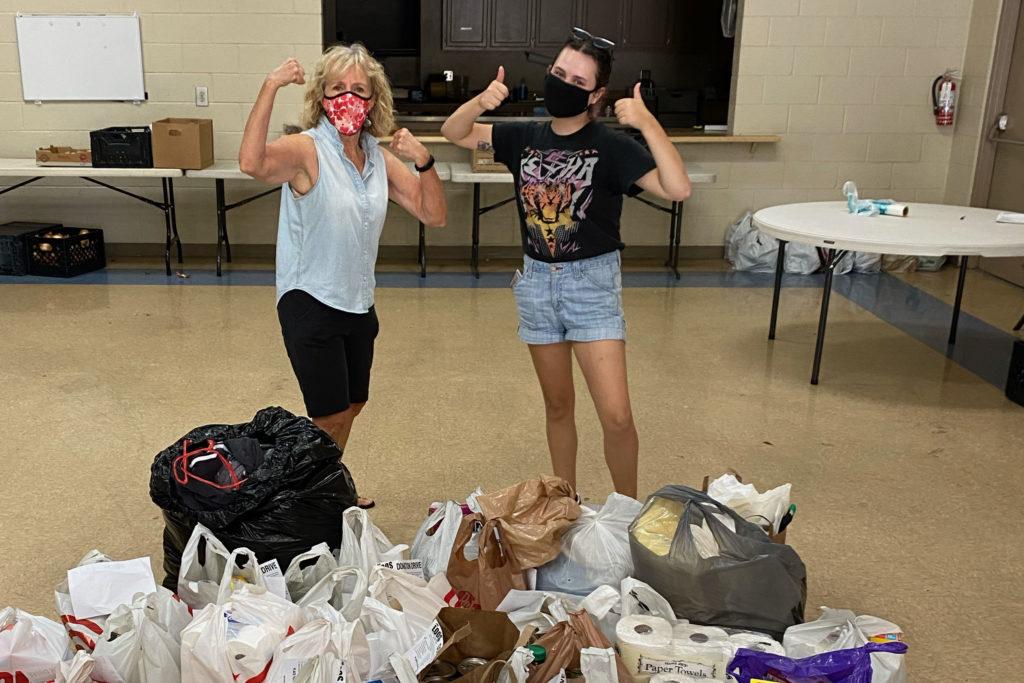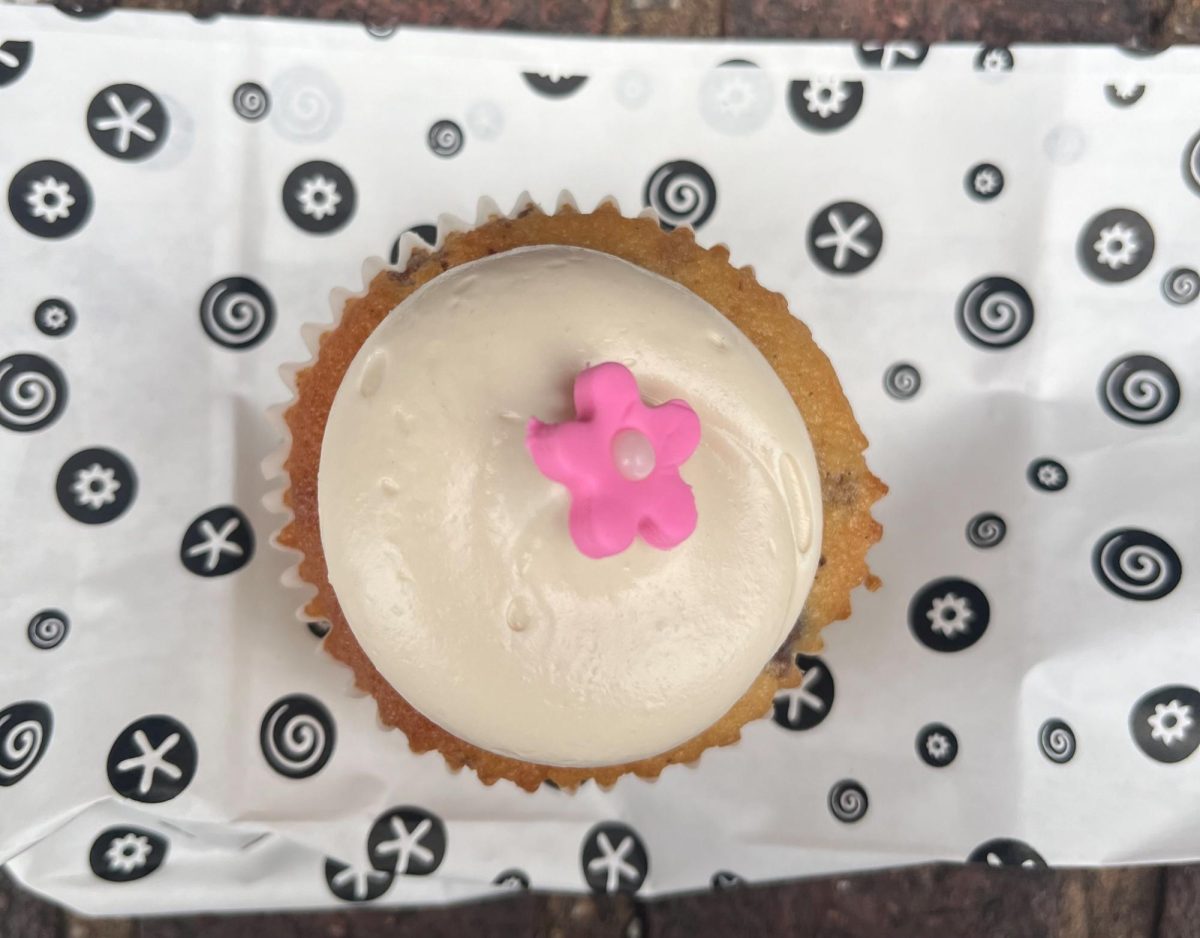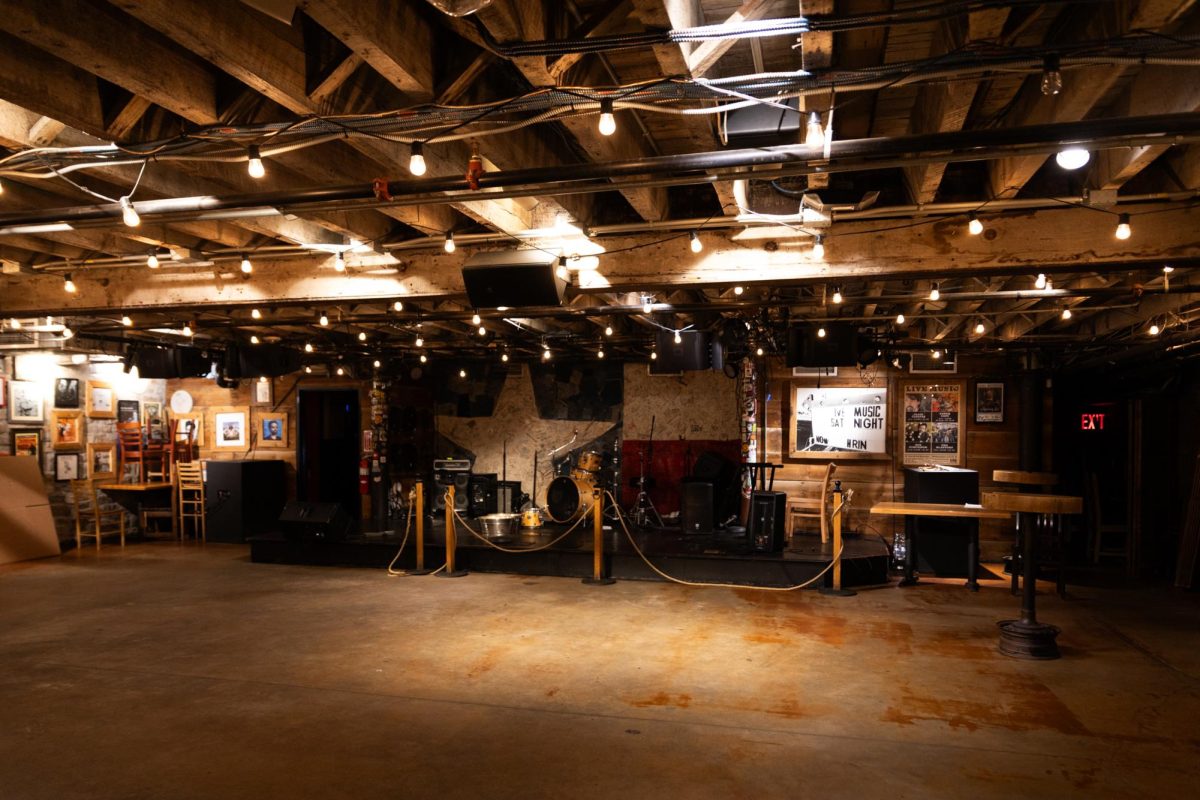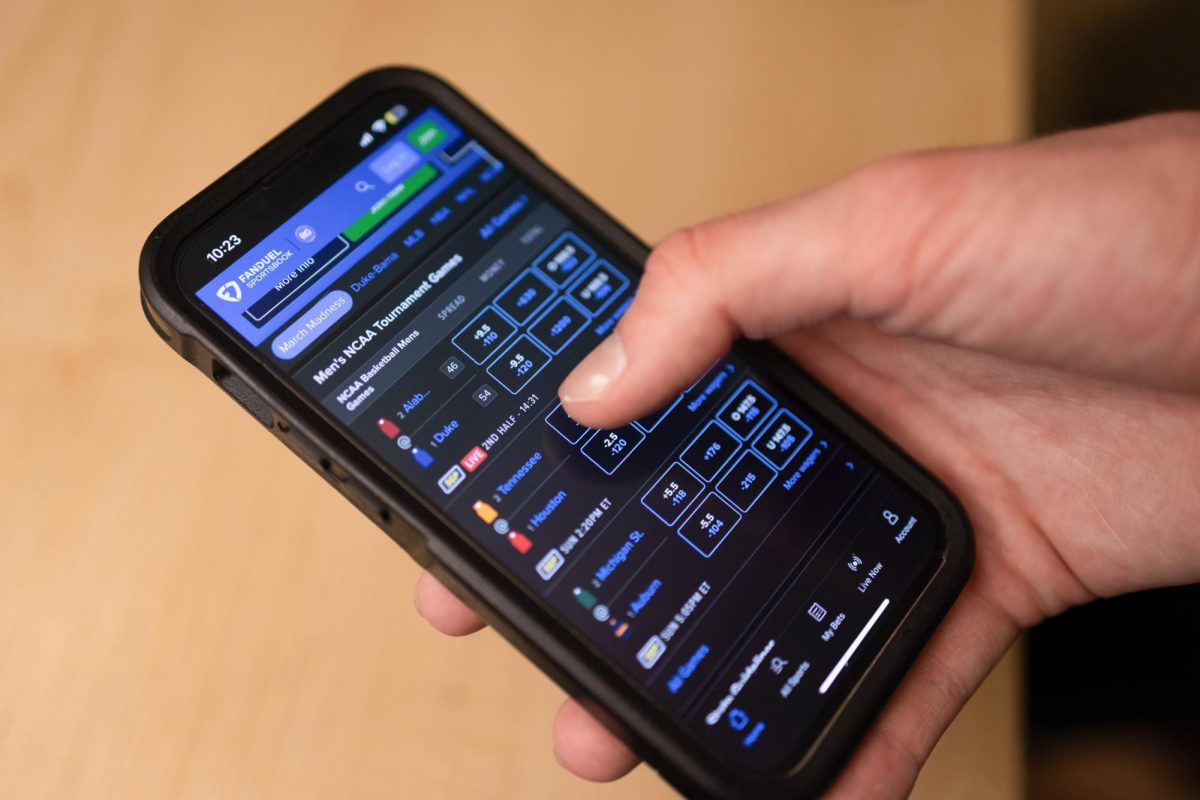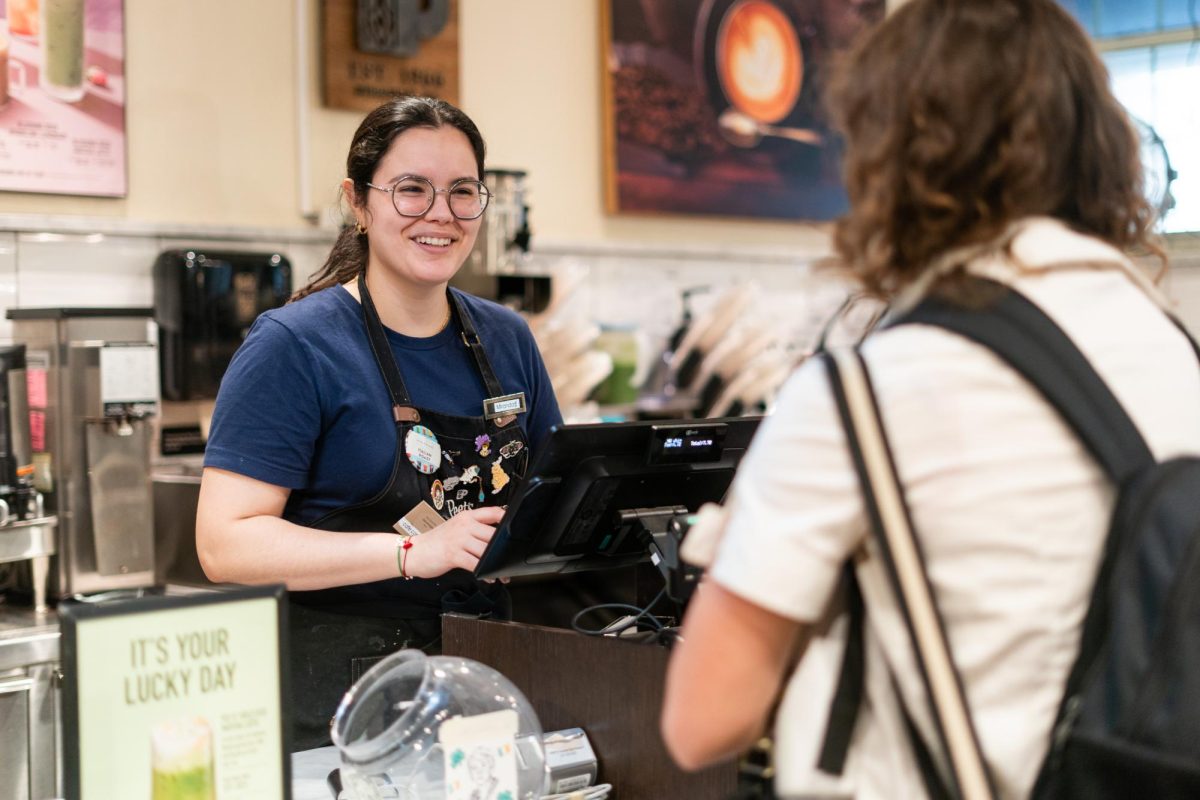In eighth grade, senior Tyler Kusma served as the data director for his hometown’s Obama campaign team – and he hasn’t left the campaign trail since.
Kusma is currently the president of the University’s chapter of GW for Biden, where he spends his time in between classes to organize text or phone banking sessions and other campaign events. He said he’s wanted to stay involved in politics because the choices students make at the polls will affect him throughout the rest of his life.
“The issues and the candidates who we’re voting for will have some of the greatest impact on us as a generation, because we’ll be living with these effects, whether it’s the local, state or federal for the next several decades,” Kusma said.
Kusma is one of six students who said they have turned to their political student organizations or local campaigns to get active in the presidential race. Students said they wanted to get active in the upcoming election to find their footing in politics and help sway what they called one of the most important elections of college-aged students’ “lifetime.”
Catherine Morris, a junior interning on the Florida Democratic coordinated campaign, said all of her volunteer work for the campaign is virtual, so she finds herself “always” on the computer. She racks up roughly 15 hours online per day between completing school assignments, phone banking and recruiting volunteers.
Morris said she got involved with the campaign because she saw a “need” for change in elected officials in light of the pandemic. She said she became more interested in politics and shifted her political ideology from a Republican to independent after the 2016 presidential election and eventually Democrat as she transitioned into college.
“Around the presidential election last time, I was just starting to get interested in politics,” she said. “I grew up in South Carolina and I was like, ‘Oh, I’m a Republican,’ and then I realized, ‘Oh no, I’m not.’”
Noah Rothstein, a junior working on a campaign for Rep. Lee Zeldin, R-N.Y., said he spends his time talking with constituents on the phone about things like Zeldin’s platform and community issues he wants to address. He said he joined the representative’s team because he felt this election was one of the most important of his life and he wants to build a foundation in politics.
“It was a really good way to get an experience in politics,” Rothstein said. “If I do eventually seek some sort of elected office, this was a good way to see the groundwork, see how it all happens behind the scenes, running a campaign.”
When administrators first decided to send students home in March, then-sophomore Alisa Kingsbury, a former Hatchet reporter, joined a campaign in her hometown of Simi Valley, California, to help Democratic challenger Phil Loos elected to the city council. After GW eventually announced classes would be online in the fall, Kingsbury said she opted to take a gap semester and work full time with the campaign.
“I was on track to graduate a semester early anyway,” she said. “When they announced that we were going to be online in the fall, it just kind of made sense.”
Kingsbury said she executes literature drops, which includes distributing pamphlets describing Loo’s campaign around town. She said volunteers staple a piece of paper with his main platform points to an empty bag with a list of organizations people can donate to help those affected by the COVID-19 pandemic.
Junior Patrick Burland, who works as the campaign manager for Mike Southworth in Connecticut’s 14th Senate district, said he spends anywhere from 20 to 40 hours per week working full time for the campaign on top of his regular class load.
“It can be very hectic at times because you’ll be in the middle of a Zoom class, and then you get a call because something happened [with the campaign] and you have to manage that while also being in class at the same time,” he said.
Burland, who also serves as the director of public relations for GW College Republicans, said he manages the campaign’s public relations by posting content on the campaign Instagram and Facebook pages and emailing press releases to campaign subscribers. He said he also drops off cards around his district with the candidate’s name, race and other biographical information.
Sophomore Lauren Guzowski said she works as the deputy director of campaigns for GW College Democrats organizing five phone banking events per week for campaigns chosen weekly.
She added that members work for a Democratic House campaign on Wednesdays and for a Democratic Senate campaign on Thursdays phone banking. Guzowski said a committee within the organization chooses which race they’ll work for each week.
“We have members of our committee look at polling and we try to go for the competitive races where it could be really close, there’s a razor thin margin,” she said. “And we’ve also been trying to look into progressive candidates, because that’s something that I know a lot of people in College Dems want to see.”


